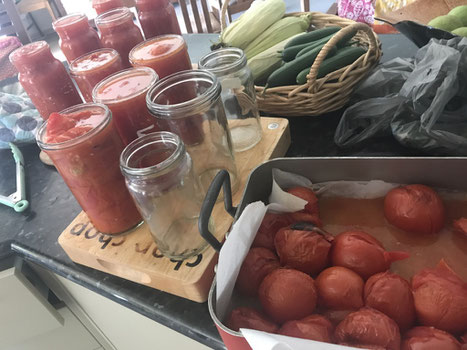Our technological modern world has made creating value in a household economy today very easy.
While the rising costs of childcare, transport, education and food have deflated us, and led to excess packaging and waste in our world, it’s also turned many people’s attention back to simple living.
Throw in a global pandemic, and look where we find ourselves. At home.
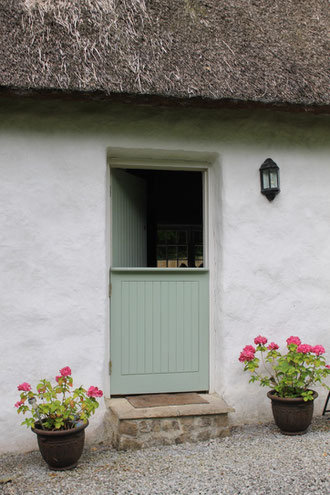
Modern home based living.
How incredible is is that now all us talented human beings can work from home?!
Technology has given us so much more opportunity to live within our local community and to obtain paying work from home. There is even the opportunity for many people to work less hours, as saving costs of childcare and transport means that monetary obligations decrease. It’s now much easier to use dehydrators and modern appliances to preserve, ferment, bottle and can food. Modern appliances save water and energy resources. We have even found Australian businesses where you can buy kitchen items that come with lifetime warranties that are hard wearing.
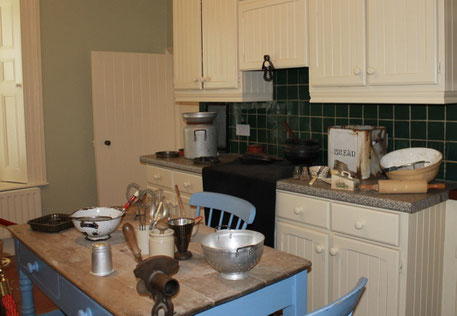
What is the "household economy".
If the term “economy” is defined as “the careful management of available resources”, then our households can be thought of as it’s own economic system. Instead of earning lots of money and using up resources in the pursuit, the objective is to save more money while also consuming what is produced “in house”. Like any other economic system, the concentration is on how you produce, consume and sell.
When we talk about economy in terms of the household, we are really looking at producing goods instead of buying them in and to a lesser extent selling them or exchanging them with others locally, who cannot produce them.
Before mass consumerism, every household was a proprietor.
It wasn’t that long ago that all properties used to be productive. Kitchens were lived and worked in, gardens grew fruit and vegetables, pantries were full. Rooms were lived in and cosy, they were welcoming. They were often filled with books, spinning wheels and the odd musical instrument. 1-2 generations ago, grandparents lived with their children and grandchildren, and co-existed happily together.
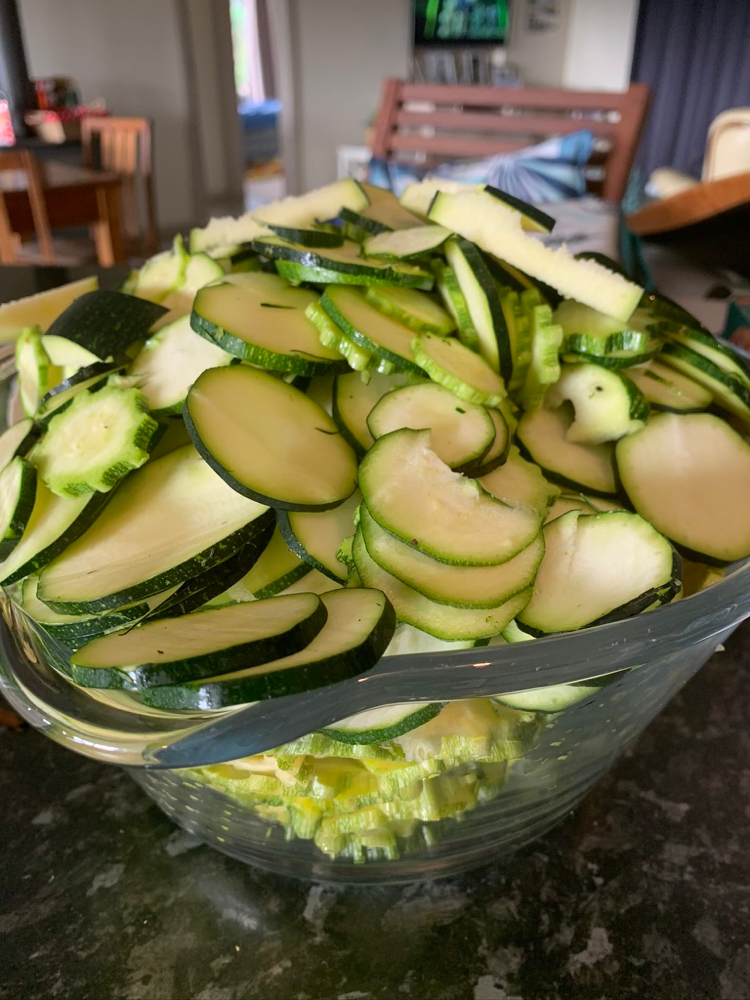
What does having a "productive household" mean today?
A productive household is simply one that is working and productive for the good of the people that live there.
If our mortgages are the biggest expense of our lifetimes then why aren’t we producing more from our households?
Here are some ideas I have had over the years of potential homemaking goals that are possible to achieve, whether you are a family, couple or even a group of random souls living in a share house:
1. Growing an edible garden filled with vegetables, herbs and fruit.
2. Canning, processing, fermenting and preserving fresh food (if you can’t grow it you may be able to source bulk fresh grown locally from producers when seasonally cheaper and in abundance).
3. Make your own drinks - cordials, infused water, cider, beer, wine, kombucha, herbal teas, nut milks, other ferments.
4. Creating a bulk whole food group in your community, so that you can buy bulk pantry staples like rice, nuts, vinegar and flour together.
5. Learn how to keep a well stocked thrifty pantry.
6. Making soap, shampoo bars and laundry soap from staples.
7. Baking bread daily (we choose to support our local baker).
8. Sew and mend high quality clothing, or buy from thrift stores or sustainable fashion sources. Consider creating a capsule wardrobe.
9. Create your own energy sources such as solar, wind, wood heating.
10. Look for products that you only need to buy once with lifetime warranties eg. Australian iron frying pan.
11. Save jars and make beeswax wraps.
12. Keep chickens for eggs.
13. Cook at home from scratch and meal plan.
14. Compost kitchen and garden waste, and use a worm farm.
15. Teach all your kids homemaking skills and basic trade skills.
16. Use artistic talents to create income - throw pots, paint, preserve, propagate or build furniture.
10 years on...
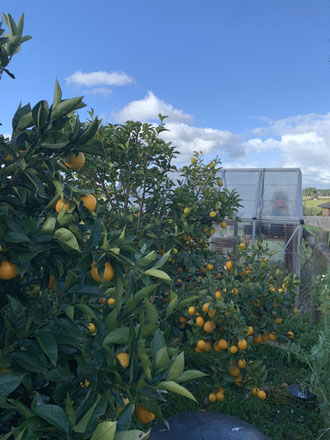
We have found from living our home-based lifestyle over the last decade that we are not better off for outsourcing many (but not all) of these items above. We shouldn’t allow the modern conveniences of the world to take away our cooking, preserving, cultivating or growing skills and basic trades away. I believe these are skills that the every generation needs to pass on to the next.
Of course, this article will not suit every person. Many people live in cities, exceptionally talented and inspiring people will continue to work and make positive differences in the world (as they should), not everyone has access to land or local fresh food. This is where greater community comes in and we can share the load. We know though that trying a different way of living will resonate with many.
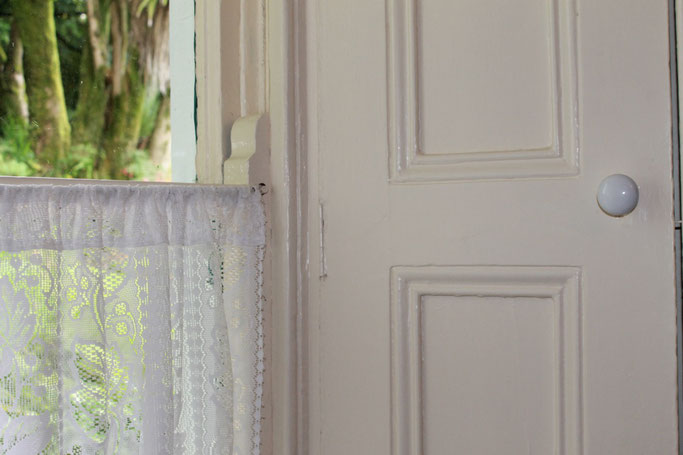
It's hard work...
Also, just achieving one of these things on the list is a step in a better direction for the household. Even people renting a house have told me that they manage to achieve quite a lot, usually to the advantage of both the landlord and renter.
Living strictly one way or another is not the point of this article. Every person’s circumstances are unique.
But, living this way suits us.
Technology has taken away much of the back breaking factors of home based living. I love that I can put on an eco-friendly water saving wash in the machine and have it on the washing line within the hour. So why not take advantage of that to live better, tread lighter on the world’s resources, and teach the next generation that there is value within our homes.
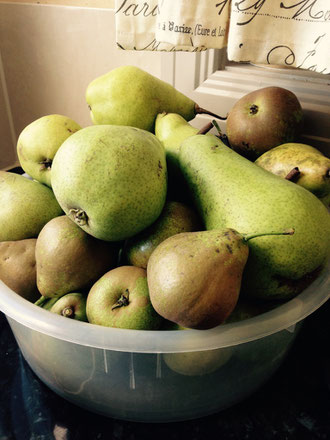
Happy homesteading - EMc
Resources that have helped change our mindset when it comes to managing our household to become more sufficient and efficient:
